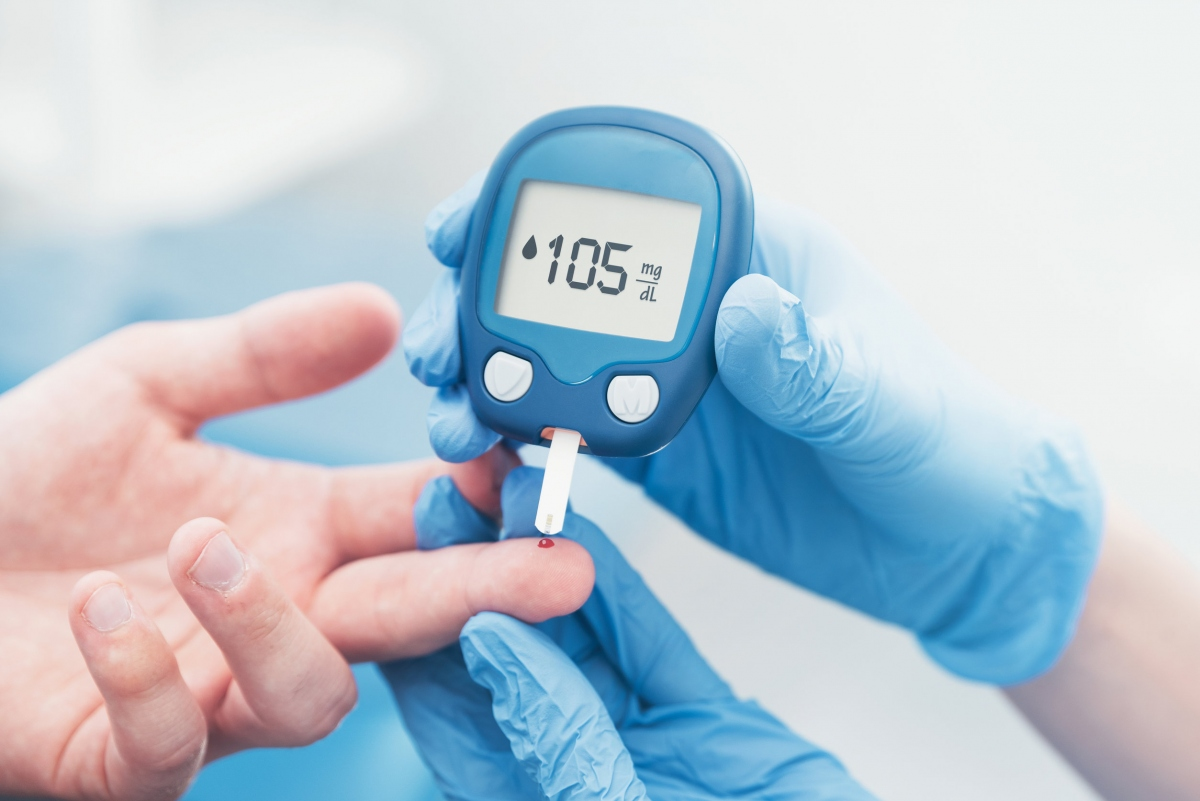In a new study, scientists have found a way to modify stomach cells so that they can secrete insulin just like beta cells in the pancreas. This new discovery opens up the prospect of effective treatment for diabetes.
The study was conducted on mice by scientists at Weill Cornell Medicine at Cornell University (USA), with the aim of finding a method that can help treat diabetes in humans.
The study was led by Dr. Joe Zhou. Previously, in another study on mice in 2016, Dr. Joe Zhou and colleagues discovered that some stem cells in the stomach appeared to be sensitive to glucose and could transform into cells that could secrete insulin. Insulin is a hormone secreted by beta cells in the pancreas to transport glucose from the blood to cells throughout the body.

In diabetic patients, the body lacks insulin or uses insulin ineffectively, leading to high blood sugar. Over time, this condition causes diabetes and can lead to many dangerous complications.
"The stomach produces cells that are capable of secreting its own hormones. During embryonic development, pancreatic cells and stomach cells are adjacent to each other. Therefore, it is not surprising that stem cells in the stomach can easily convert into insulin-secreting cells like beta cells," Dr. Zhou explained.
In a recently published study, Dr. Zhou and his colleagues took stem cells from human stomach tissue and then used cell reprogramming technology to convert these stem cells into a type of cell similar to beta cells in the pancreas. Beta cells are the cells that secrete insulin for the body.
Next, the team grew the converted cells into small clusters and implanted them into diabetic mice. Over time, they found that the cell clusters responded sensitively to glucose and secreted insulin. As a result, the mice's diabetes symptoms improved. The results of the study were published in the journal Nature Cell Biology.
"This study provides new insights for us to lay a solid foundation for developing a new treatment for type 1 and type 2 diabetes, based on the patient's own cells," said Dr. Zhou.
He and his team will conduct more experiments to perfect this method, then conduct clinical trials on humans. They hope that if this treatment is successful, diabetic patients will no longer have to regularly inject insulin.
According to vov.vn
Source link


































































































Comment (0)